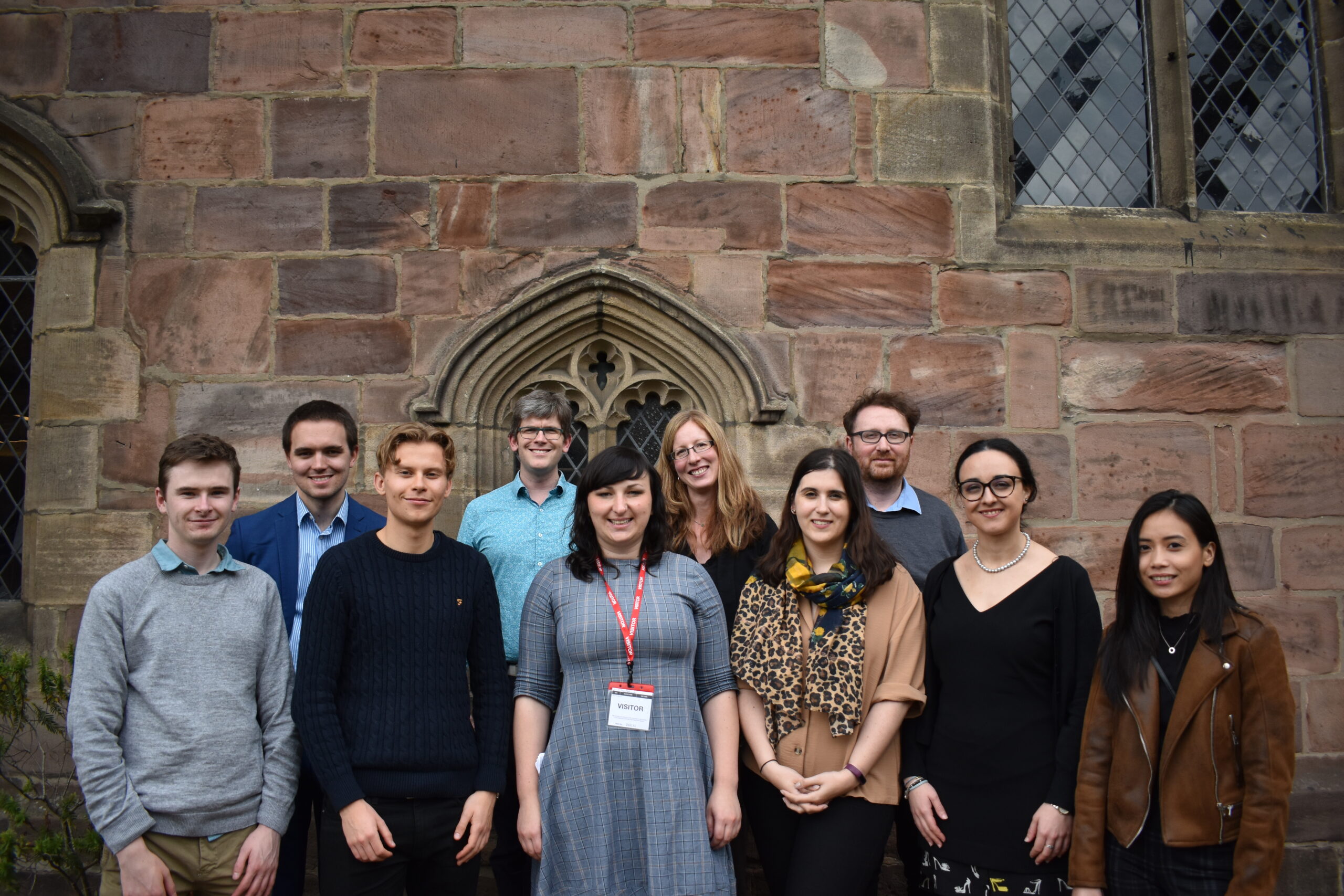Housing and homelessness in data
Housing and homelessness are issues that make the news, discussed in people’s daily lives and debated in parliament on an almost daily basis both here in the UK and abroad.
Having data to back up discourse and debate to go alongside lived experience is vital when it comes to research, policy development and implementation. It also enables government agencies, charities and other organisations to get help and support to the areas and people that need it most.
We are drawing together, making connections and sharing examples of how the data in our collection is underpinning these efforts to make a difference. This forms an important part of our developing impact approach.
We will also be working with a range of partners, including our current cohort of Data Impact Fellows, to understand the many ways data available from the UK Data Service can help understand and improve the lives of those struggling with issues around housing and homelessness.
This page will be updated regularly with new findings about Housing and homelessness in data. We will also continue to work with partners to create posts for our Data Impact blog, along with case studies. If you would like to work with us, please get in touch.
A key piece of work in this area is the Homelessness Monitor and Homelessness Project. Key data from the UK Data Service collection such as the Labour Force Survey, Understanding Society and the English Housing Survey helped to develop new and more effective ways of measuring and monitoring homelessness. This work has had significant impact on policy in England, Scotland and Wales.
More recently Ricky Kanabar and Paull Gregg discussed their research looking at home ownership and wealth inequality in Great Britain. This piece, and homelessness more generally has cross-over with one of our other impact themes, Poverty in data. This is clear when looking at how poverty is measured, and the major role housing and homelessness have in key poverty measures. This is also highlighted by the use of housing data and the findings from the “Is Britain Fairer” report in 2018.
One of our previous Data Impact Fellows, James Cockett, discussed the role of outward migration of young people in this Data Impact blog post. He highlights the need for work at all levels of government, especially at a local level, to help improve the UK’s geographical distribution of economic opportunity.
Linked to the theme of migration, Emma Nicole Stewart presented work from the Onward Migration project in a case study. She highlighted the need for policy changes on many areas related to refugees and asylum seekers, all of which are still pressing issues several years on from this work.
In a link to our third impact theme, Mental health in data, Amy Clair and Emma Baker, from the University of Adelaide, looked at the impact of cold homes on people’s mental health. They found that lone parents, those with a longstanding illness, the unemployed and economically inactive are more at risk from illness due to cold homes.
Data Impact Fellows
Our Data Impact Fellows scheme provides support for Early Career Researchers in the academic and charity sectors who are starting out on their data impact journey.
The scheme offers Fellows a bursary to fund impact-related activities, an opportunity to meet other Fellows to share and develop their ideas for pursuing pathways to impact, and the chance to communicate their research and impact work through our Data Impact blog.
This year our Fellows will be working in one or more of the areas of poverty, deprivation, cost-of-living, housing or homelessness.
You can find out more about this years fellows in this Data Impact blog post.

